Exploring the Ruins of a Medieval East African Empire
Kilwa Kisiwani (“Isle of the Fish”) was once the heart of Swahili culture and commerce.
Off the coast of Tanzania sit the ruins of the hub of a little-known medieval empire, Kilwa Kisiwani. Travelers to the site first have to go to the small town of Kilwa Masoko, get a permit, and then convince someone at the docks to take them by boat to the island and its stunning ruins.
The origins of Kilwa Kisiwani date back to the 10th century, when wealthy sultanates arose along the East African coast. Among the stone ruins at Kilwa Kisiwani are the Great Mosque, a later fort, and a grand palace. The palace, called Husuni Kubwa, was built in the 14th century by Sultan al-Hasan ibn Sulaiman. Expansive and luxurious, Husuni Kubwa had 100 rooms, a stepped greeting court, and a cliffside octagonal bath—but, for reasons unknown, was left unfinished.
Early 20th-century scholars debated who created this empire, and legend had it that a Persian prince purchased the island from a local king for cloth. However, later discoveries at a similar stone town in Shanga, Kenya, revealed that the Swahili empire originated in Africa. The culture chose Islam and its architectural motifs to better appeal to Arab traders. At its peak, these cultural centers traded gold, ivory, timber, spices, and even slaves to the Middle East and India, and then on to Europe and China. The arrival of the Portuguese in the 16th century disrupted this network of global trade, and soon after many of the towns were abandoned.
Kilwa Kisiwani may be a crumbling physical reminder of a long-gone medieval empire, but Swahili culture continues today. There are more than two million people living on Africa’s coast who identify as Swahili, and millions more speak the language.
In the above video, Deputy Editor Samir S. Patel explains the history of Kilwa Kisiwani and what remains on the island.
Subscribe to our YouTube channel to explore more Atlas Obscura videos.



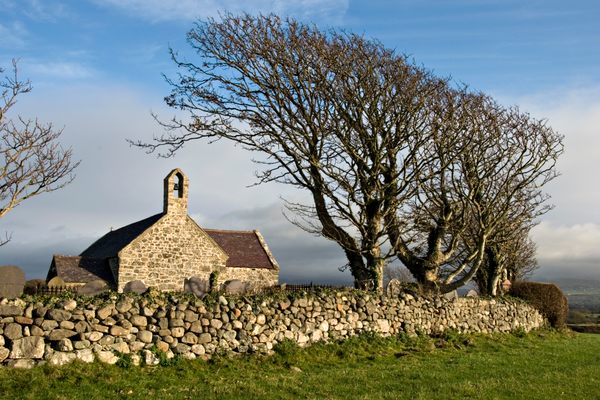




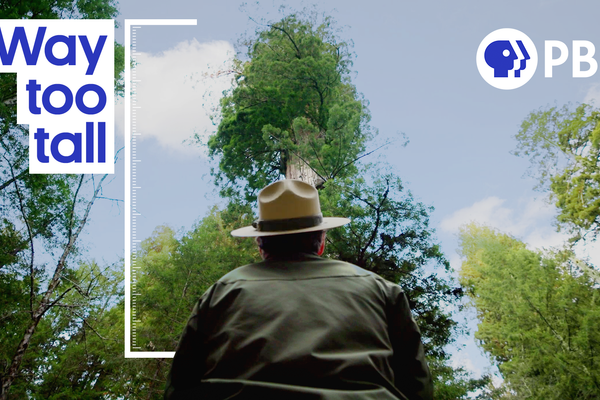

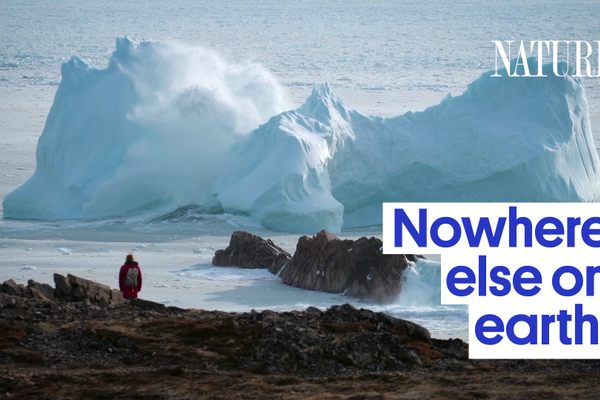


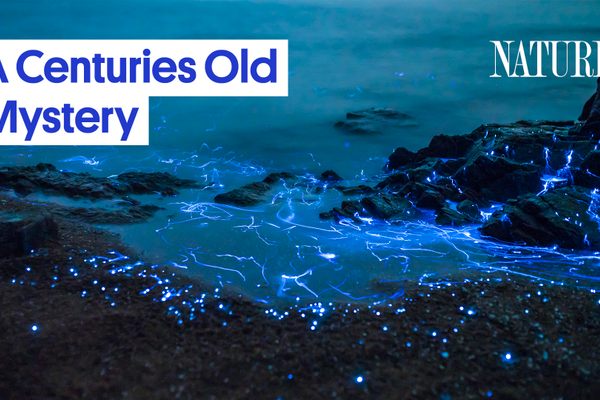










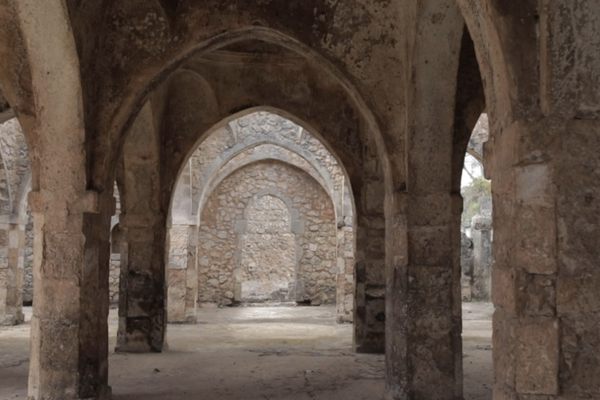
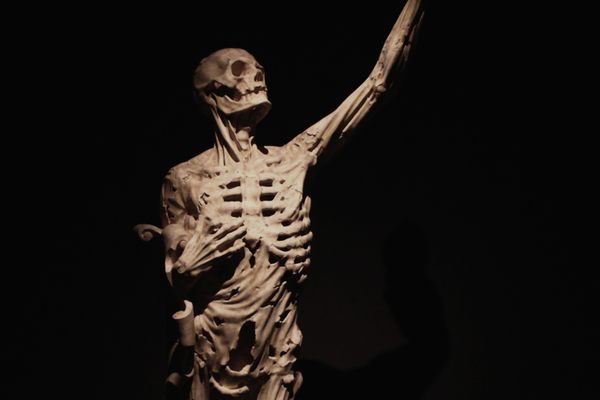

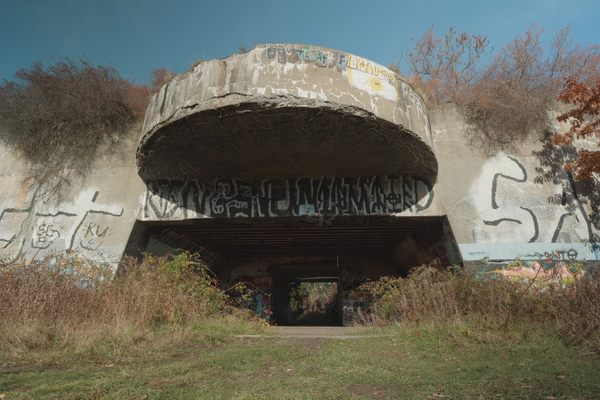



Follow us on Twitter to get the latest on the world's hidden wonders.
Like us on Facebook to get the latest on the world's hidden wonders.
Follow us on Twitter Like us on Facebook